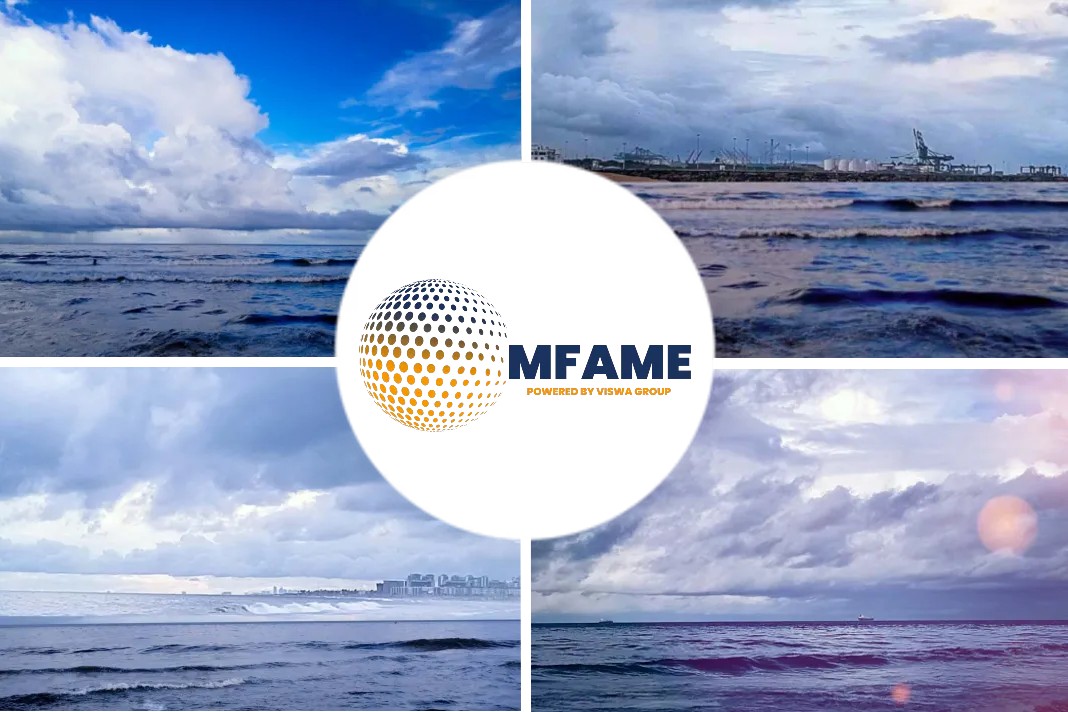The Port of Rotterdam and IBM have announced a multi-year initiative that will harness the power of IoT technologies to transform the port’s operational environment and prepare for the smart ships of the future.
Port traffic
The Port of Rotterdam in the Netherlands is the largest shipping hub in Europe, handling more than 461 million tonnes of cargo and over 140,000 vessels every year. The port provides work for 90,000 people and accounts for 3.3% of Dutch GNP.
New shipping gateway
Although the Port of Rotterdam is already recognized globally for service quality and seen as the shipping gateway to mainland Europe, things are about to be taken up a notch higher.
In partnership with IBM, the Port of Rotterdam will undergo a multi-year digitization initiative. The aim is to enhance the entire 42-kilometre port area with IBM’s IoT technology and cloud data management. In other words, to make Rotterdam’s port the smartest in the world.
Creating the Port of Rotterdam’s digital twin
The IBM IoT initiative will effectively create a digital twin of the present port. This will mirror the present port’s operations and conditions, including ship movements, monitoring weather and water depth. Analysis of the digital twin will be used to track operations in real time, run test scenarios and improve efficiency.
The Port of Rotterdam processes over 140,000 ships every year. Managing the berthing of each vessel is a complicated task that can take several hours. IBM’s new digital dashboard is expected to speed up these procedures, saving shipping companies and the port up to one hour (and tens of thousands of dollars) per ship.
How does it work?
The dashboard will take data from a variety of sources, including IBM’s ‘digital dolphins’. These smart quay walls and sensor-equipped buoys will provide data on the status of berthing terminals, as well as water and weather conditions. The data gathered has benefits as part of a wider overview, but it will also give port operators the ability to predict the best possible time for ships to dock depending on cargo size, among other things.
IBM will also work with multiple partners to develop 3D metal-printing capabilities at RDM Rotterdam, the port’s innovation hub. Robotic welding arms will be used to create ship components on demand, speeding up the process from around 1,600 hours to just 200.
All of this technology is being put in place with a view to building a connected port able to host autonomous ships by 2025.
Rotterdam’s smart port ambitions
Paul Smits, chief financial officer of the Port of Rotterdam Authority, is pushing for the port to be at the forefront of the autonomous wave set to hit the shipping industry.
“Here in Rotterdam, we are taking action to become the smartest port in the world,” he said.
“Speed and efficiency is essential to our business, and requires us to use all of the data available to us. Thanks to real-time information about infrastructure, water, air, etc., we can enormously improve the service we provide to everyone who uses the port, and prepare to embrace the connected, autonomous shipping of the future.”
Did you subscribe for our daily newsletter?
It’s Free! Click here to Subscribe!
Source: Internet of Business



















jgjgkjhlksjrjtkk http://www.yandex.ru